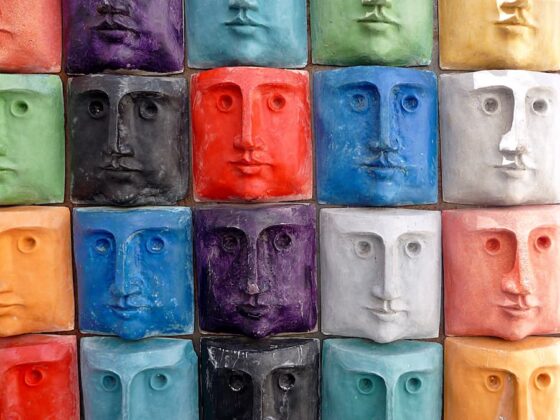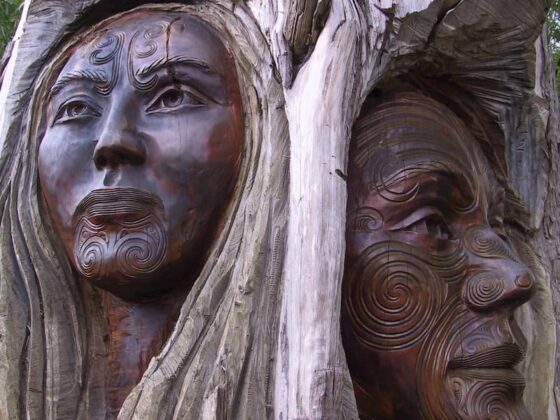Alfred Ip interviews Henry Tse about his life while growing up in Hong Kong as well as after moving to the UK to further his education.
Henry realised quite early in his life about his gender identity and struggle. He went through a hard time whilst studying in a religious secondary school, made more difficult as he lacked LGBTQ role models. Often, he – and other students – faced biases and confrontational behaviour, and Henry recalls treatment he received from a basketball coach. Henry finally found some peace when he went to study in the UK – he discovered more about gender identity whilst he continued to struggle mentally with his own changing body and appearance.
They chat about self-identity and fitting in with society. Henry highlights the benefits he gained by social services in the UK and how Hong Kong compares to it. The real struggle started when he moved back to Hong Kong for professional reasons. He received a lack of full recognition as a male individual and that’s when Henry decided to challenge the government on the issue of getting his gender changed on his Hong Kong identity card.
Such circumstances lead to wider questions: why should the gender marked on the identity card require a full physical gender reassignment? How can the Hong Kong identity card rule even the smallest details of your daily life? How can the Hong Kong judiciary be somewhat progressive while the government and existing laws be in denial to the rights of sexual minorities?
Henry highlights the burden of a 7-year court process and current legal requirements related to address or contact number changes. It doesn’t look like a new legal framework for gender recognition is going to happen anytime soon.
Many of these difficulties pushed Henry, in 2020, to start his own advocacy group and NGO called Transgender Equality Hong Kong. TEHK aims to fill the activism gap to tackle three crucial issues that are unheeded by other local transgender-focused organisations. The major push is for Hong Kong to comply with international standards of transgender rights and human rights, while running in a transparent and sustainable manner, to help support transgender individuals who are also part of other minority groups – for example disabled individuals or other ethnic minority groups.
Alfred raises the related difficulties of many same-sex couples in Hong Kong who are married overseas but do not have the right to divorce in Hong Kong. The same goes to the denial of individual and civil rights towards transgender people.
Henry concludes the interview discussing his experience of finding support and help from other Asian countries’ (for example in Taiwan, Japan or Thailand) organisations advocating for transgender rights. Meanwhile he recognises that his legal battle has been an inspiration for others to keep fighting for equal rights.
We hope you can share Henry’s story and echo our support for everyone to be your true self!
To learn more about Henry’s NGO efforts, kindly check Transgender Equality Hong Kong website




